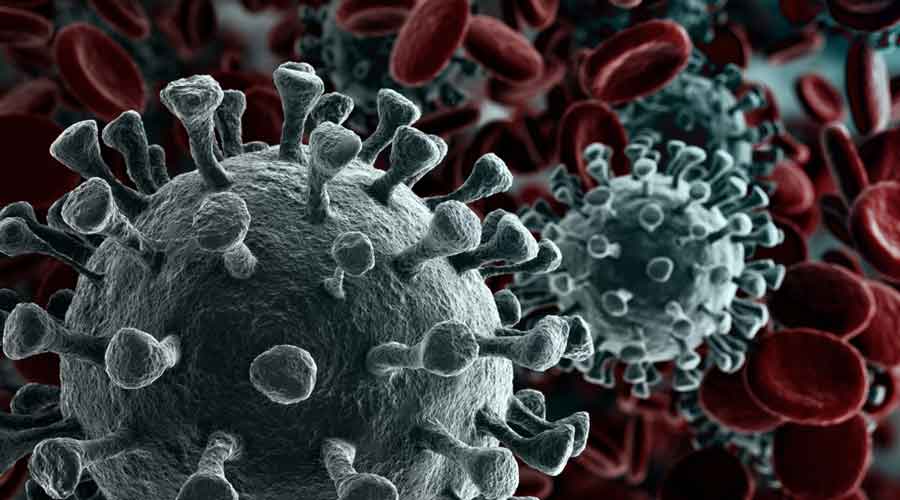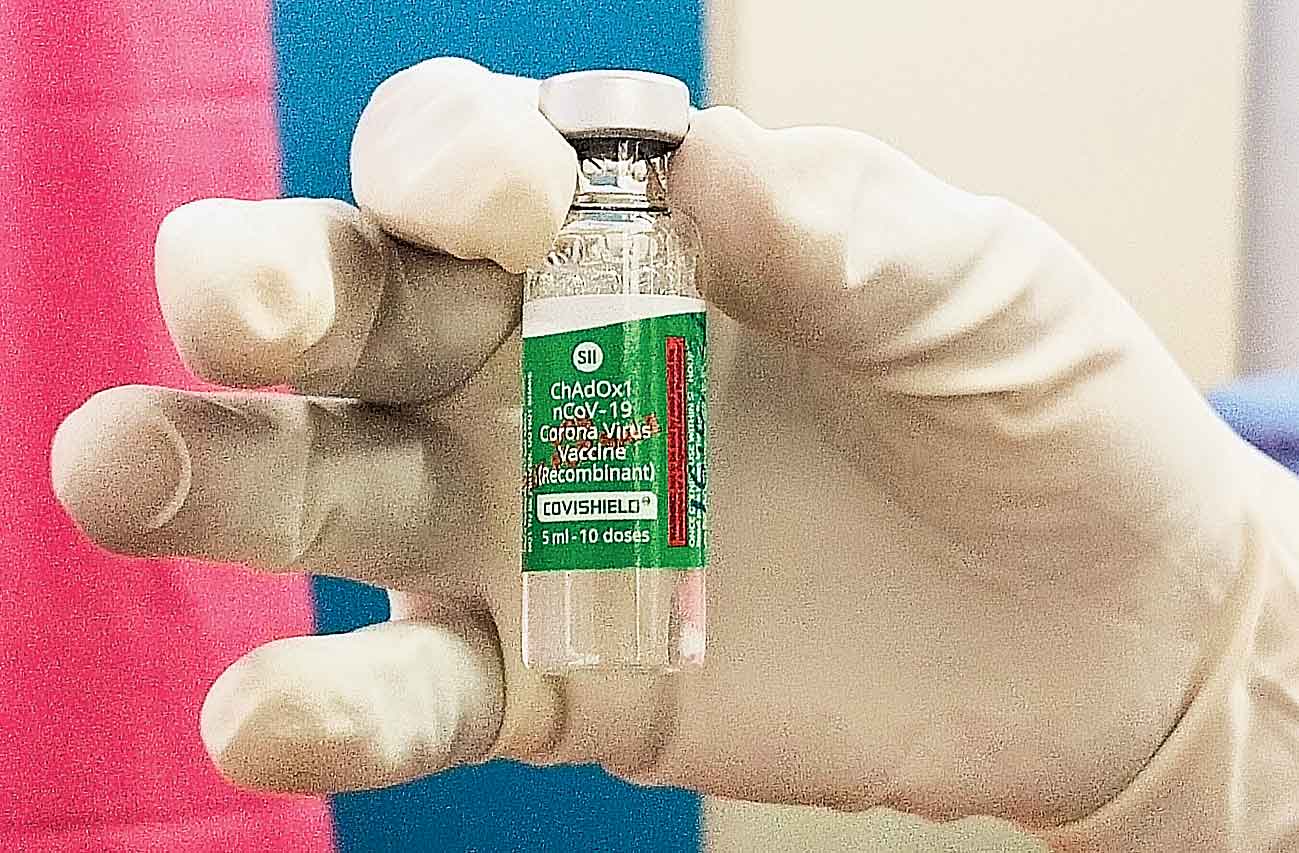India on Sunday recorded 1,761 new Covid-19 cases, the first time the daily count has dipped below 2,000 in nearly two years, but experts have urged continued vigil amid concerns that the coronavirus continues to circulate and mutate.
A World Health Organisation expert has advised continued surveillance, testing and sequencing worldwide to monitor mutations in the coronavirus, while also cautioning that “huge amounts of misinformation” about the pandemic “is causing a lot of confusion”.
“We have huge amounts of misinformation — misinformation that omicron is mild, misinformation that the pandemic is over, misinformation that this is the last variant we will have to deal with,” Maria van Kerkhove, infectious disease epidemiologist and Covid-19 technical lead at the WHO, said. “This is causing… confusion.”
India’s daily counts of new Covid-19 cases have declined steadily since they peaked at around 347,000 cases on January 20. Sunday’s count of 1,761 is the lowest since the 2,394 recorded on May 1, 2020.
But the new weekly cases worldwide increased by 8 per cent last week over the previous week after a consistent decrease since the end of January 2022.
The global increase in the weekly cases has been driven by a 2 per cent rise in Europe, a 12 per cent rise in Africa, and a 29 per cent rise in the Western Pacific region. The weekly cases declined last week by 21 per cent in South Asia and 20 per cent in the Americas.
Some experts believe that India is either close to or within the endemic phase of Covid-19 — marked by a trickle of daily new infections as the virus continues to find susceptible people in the population. But this could change if the virus mutates significantly.
Health experts say India’s large vaccination coverage — over 84 per cent of adults are fully vaccinated — and the large proportion of people who have had the natural infection have shielded the population from severe disease under the omicron wave.
“The deluge is over — and the fewer the daily new infections, the fewer the opportunities the virus gets to mutate,” said T. Jacob John, former head of clinical virology at the Christian Medical College, Vellore.
“However, there is a possibility the virus may again change. Can it change so much as to escape immune responses altogether? We don’t know that. If it changes so much, it’ll be like a new species.”
Scientists have already detected a recombinant version of omicron and delta, the earlier variant of concern that had fuelled India’s second wave during April-May 2021 while simultaneously causing surges worldwide. But the recombinant delta-plus-omicron has not changed the epidemiology or severity of the infection.
“It is really critical that we continue with sequencing and that we have good geographical representation of sequencing around the world and that the systems that have been put in place for surveillance, testing and sequencing right now be reinforced,” Kerkhove said.
Her message to countries across the world is similar to Indian health secretary Rajesh Bhushan’s advisory last week to states across the country, urging adequate testing, surveillance and sequencing.











